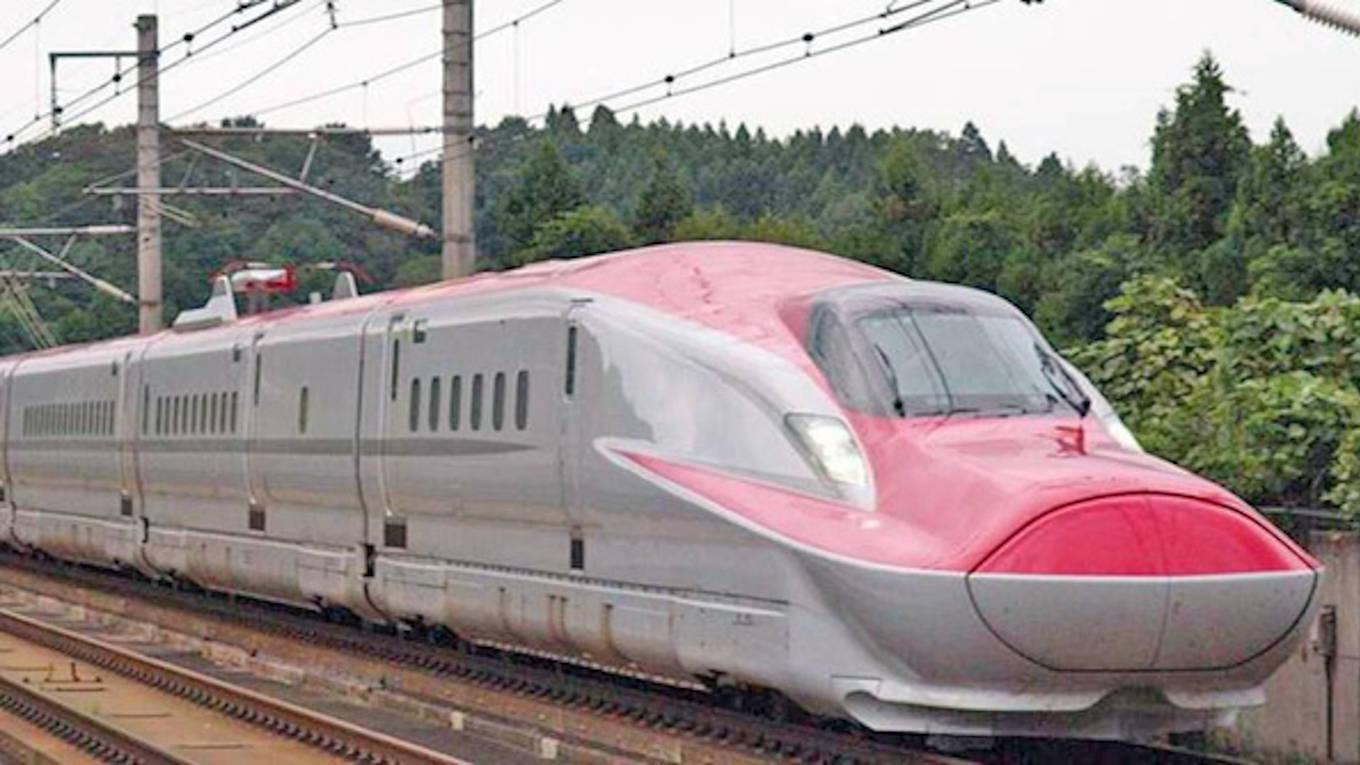-

There’s a growing need to improve our infrastructure, and technological innovation will be key

Industrial development and related technological advancements have been an important determinant in the course of our history. Over the last century and more, industry has revolutionised our economies and helped drive our societies. Therefore, it comes as no surprise that industry plays an even more ineluctable role in scripting the future of humanity, one that involves sustainable social, environmental, and economic development. The 2030 Agenda philosophy of ‘no one left behind’ requires global partnerships. With more and more countries investing in resilient infrastructure, there’s a growing need to improve our existing industrial infrastructure, and here, technological innovation will be key. This is where organisations like SAP can be game-changers in the sustainability story. SAP is building sustainability directly into the core business with their applications that drive sustainability at scale by embedding operations, experience and financial data and insights into the processes. This not only empowers industries and businesses to assess and reduce their carbon footprint and increase resource productivity through circular processes, but it also embeds sustainability as a new dimension of success for businesses. So, businesses can go beyond measuring top and bottom-line results, to include a new dimension of success – the green-line. Given its sheer scale of industries, India has an excellent opportunity to play a significant role in strengthening the idea of inclusive and sustainable industrial development (ISID) as outlined by the UN. The ferocious flash floods in Uttarakhand last year were a grave reminder of the fallout of climate change and a tell-tale of our future. A massive chunk of glacier – almost 15 football fields long – broke off high in the Himalayas and washed away hundreds of villagers and a hydro plant in the remote valley of Chamoli. This was just one of the 10,000 Himalayan glaciers receding at a rate of 30-60 metres every decade as a direct result of climate change. The region has witnessed multiple floods over the years, including one in 2013 that killed 6,000 people in the same area. A rapid increase in these climate change-induced natural calamities over the last decade has begun to draw the attention of visionary Indian CEOs and eco-entrepreneurs, which are acknowledging these telling trends, and making necessary adaptations to contribute to India’s ambitious sustainability commitment. India is the world’s fourth biggest emitter of carbon dioxide, following China, the US and the EU. But its emissions per capita are much lower than other major world economies. India’s emissions accounted for 1.9 tonnes of CO2 per head of population in 2019, compared with 15.5 tonnes for the US and 12.5 tonnes for Russia that year. At the recent COP26, Prime Minister Modi promised to cut its emissions to net zero by 2070. Though it misses the key goal of committing to reach that target by 2050, this is quite a significant step for India, where we get more than 50 per cent of the country’s electricity from coal. The government is fuelling innovation required for sustainable industrial and economic development through its flagship interventions like ‘Make in India’, ‘Pandit Deendayal Upadhyay Shramev Jayate Karyakram’, ‘Start-Up India’ and many more. However, its biggest bet remains the Micro, Small and Medium Enterprises (MSMEs) which, over the years, have grown to become an essential gear driving the economy. India’s 42.5 million SMEs employ about 40 per cent of our workforce and contribute about 30 per cent of the country’s GDP. It’s encouraging to see that government initiatives like Zero Defect, Zero Effect (ZED) are helping to create a dynamic ecosystem of multiple sustainability drivers, encouraging leading companies to take a strong stand on energy use optimisation, green buildings and waste management, furthering their sustainable enterprise journey.
-
Climate crisis calls for businesses and countries to move beyond their siloed approaches, commitments, and climate pledges to fully embrace sustainability
However, factors like high-cost initial expenses for implementation of sustainable technologies, uncertain or insignificant economical advantage, slow return on investment and lack of organisational resources remain a deterrent for Indian enterprises. Add to this: less awareness about green products among local customers, absence of practicable guidelines and parameters, employee resistance towards new concepts on sustainability and low public pressure.
A global challenge, climate crisis calls for businesses and countries to move beyond their siloed approaches, commitments, and climate pledges to fully embrace sustainability. The path to a low-carbon future is circular. The good news is that a circular economy is not just about fixing environmental wrongs but brings about opportunities and drives positive impact across industries, sectors, and lives. Working towards a circular economy can protect human health and biodiversity in many ways, including better use of natural resources, such as protecting water and land, thus mitigating the climate crisis.
Organisations like SAP are leading this shift with an aim to become carbon-neutral in their own operations by 2023. At SAP Labs India, 95 per cent of the energy consumed at the Bengaluru campus comes from green energy sources. Additionally, 70 per cent of the transport services are run on EV with EV charging stations at the campus for employees as well.
Sustainable development calls for institutional and value changes as well as cultural adjustments. It must be incorporated into mainstream policies to promote national and international co-operation. It’s great to see a new bandwagon of eco-entrepreneurs emerging in India with products and solutions that target SDGs. EverLoop by SAP is one such start-up that connects stakeholders across the waste value chain to enable the circular economy.
They empower businesses to achieve zero waste targets by digitalising the waste value chain, making it more transparent and traceable for corporations and e-waste recyclers alike. There are so many other successful stories coming from SMEs. In the past two years, eight clean-tech start-ups, (not including electric vehicle start-ups), received funding of at least $1 million. These companies range from plastics and tech-enabled recycling to energy efficiency and biofuel, among others. Additionally, the rising fuel prices and regulatory incentives have further fuelled the growth of the solar industry in India.
Today, India is better positioned than ever to become a model of corporate sustainability for the rest of the world. Both large and small enterprises have a unique opportunity to lead the change here.
Biogas
BioEnergy will showcase its innovative biogas technology in India
Mobility
Ather aims to produce 20,000 units every month, soon
Green Hydrogen
German Development Agency, GIZ is working on a roadmap for a green hydrogen cluster in Kochi
Renewable Energy
AGEL set to play a big role in India’s carbon neutrality target



















